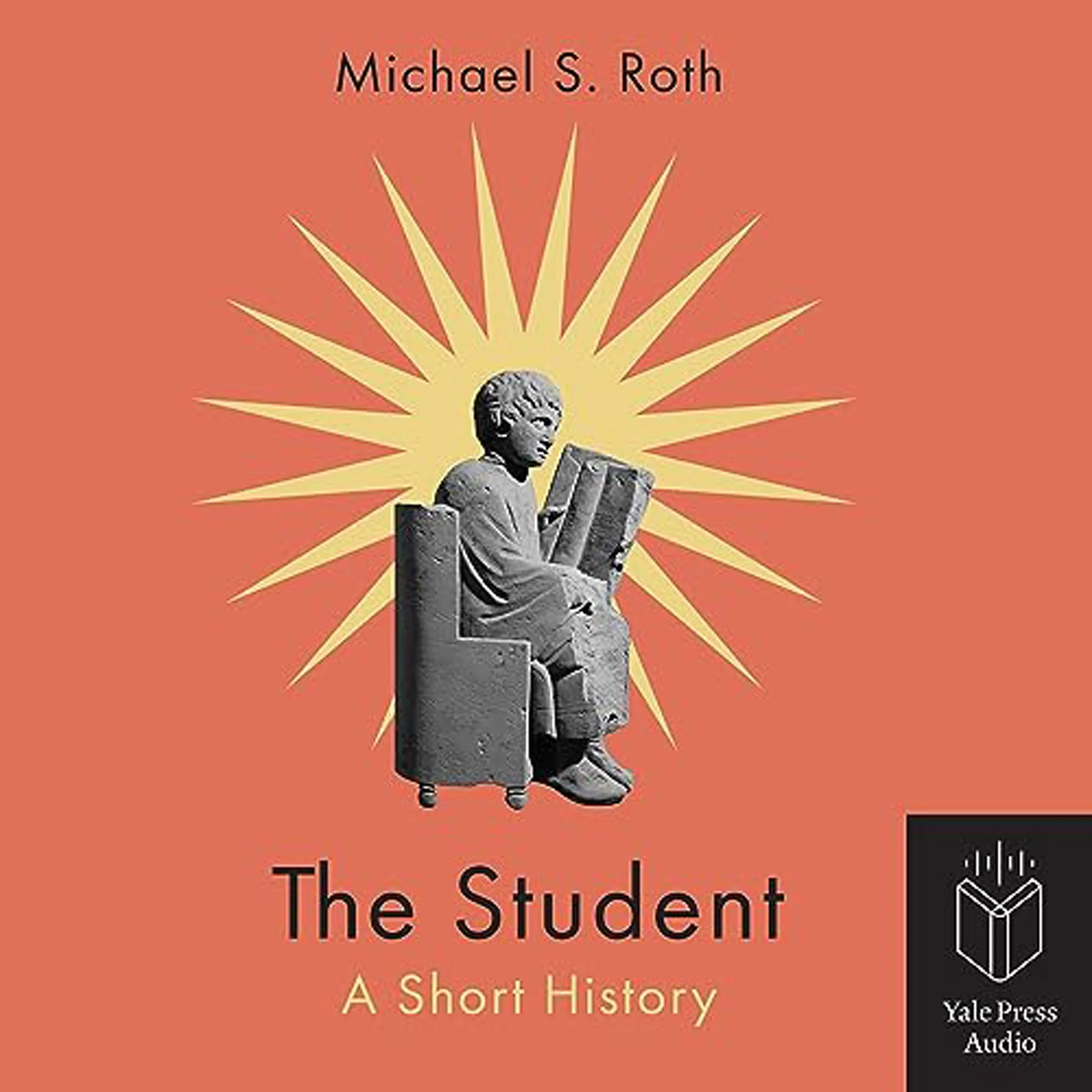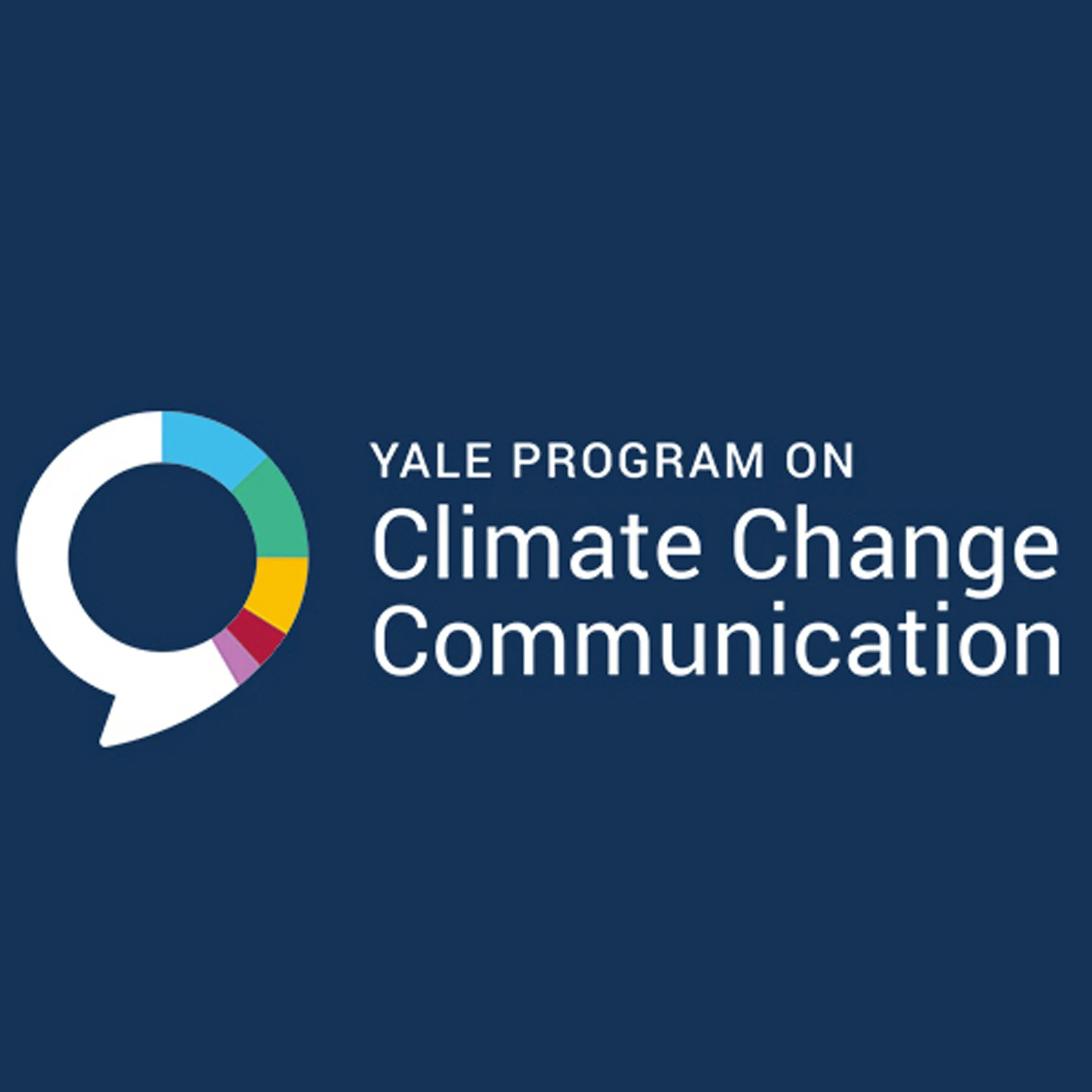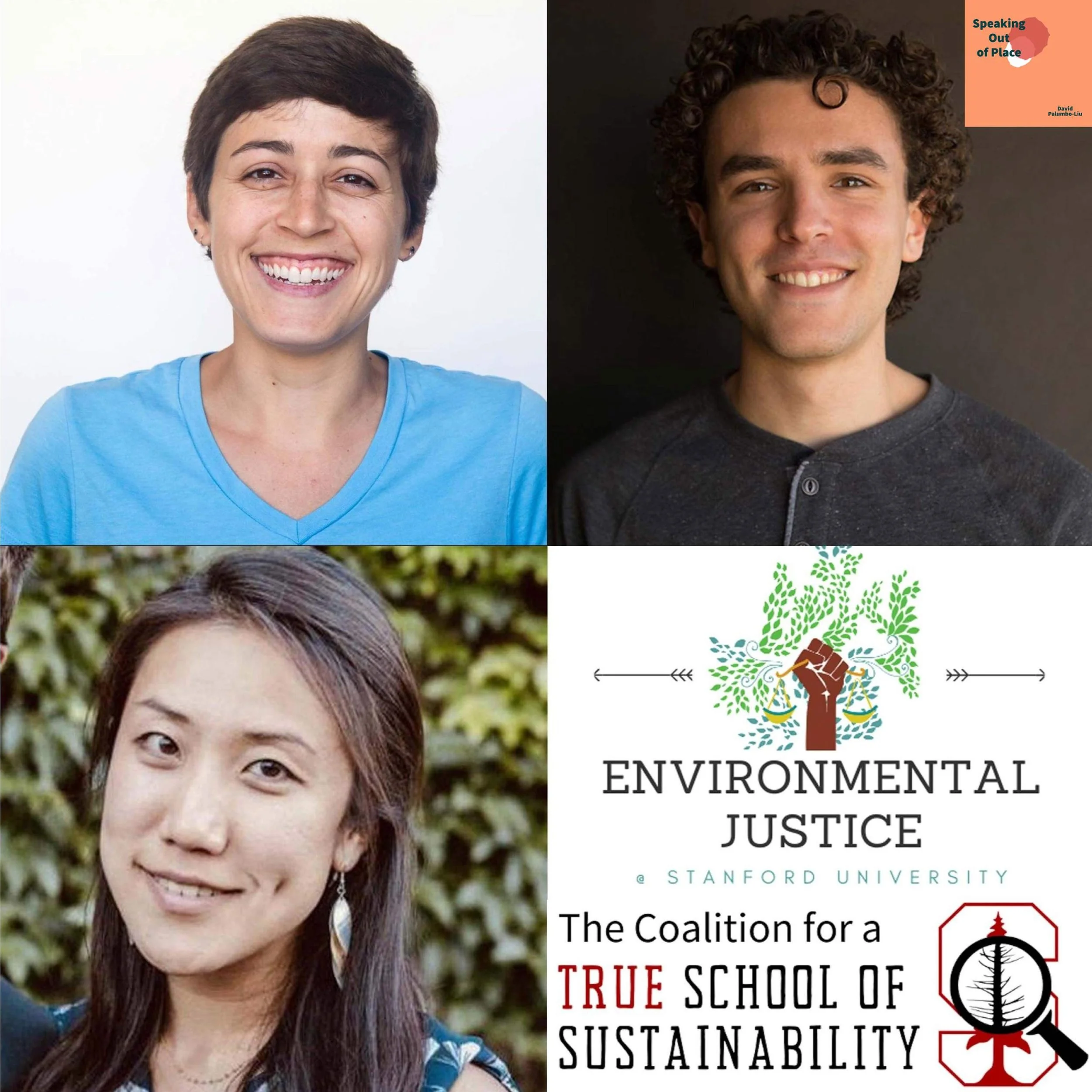MARY HAYASHI - Healthcare Advocate, Former Assemblymember - Author of Women in Politics
/Healthcare Advocate · Former Assemblymember · Author of Women in Politics: Breaking Down the Barriers to Achieve True Representation
One of the studies I mentioned in the book is people don't see women as leaders and the barriers you experience as a candidate during a campaign. And even after you win and you're serving inside the government, there are still challenges to overcome. Last year, we had a record number of women elected and becoming leaders in government positions, but it doesn't mean their path is easy or it's set. Because of gender bias, women are supposed to be coalition builders and not supposed to be ambitious. One of the things that I talk a lot about is the ambition gap. When women show ambition, we're penalized. People are often suspicious of our motivation. It's like, why is she running? What is she about? And being an Asian American woman, I was perceived by my colleagues after I won and chaired one of the most powerful policy committees in the legislature, I often felt like people didn't know how to engage with me as a peer. They'd never seen an Asian American woman in that role before and so they would criticize me for being too ambitious or too aggressive, or too opinionated. And that really takes a toll on you just emotionally. I wasn't raised that way, but when you have an opinion, people are just not used to seeing Asian women as peers in that role and that really needs to change. And I think it will over time as they see more people like us serving in leadership roles.



















